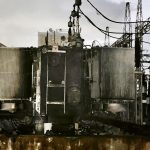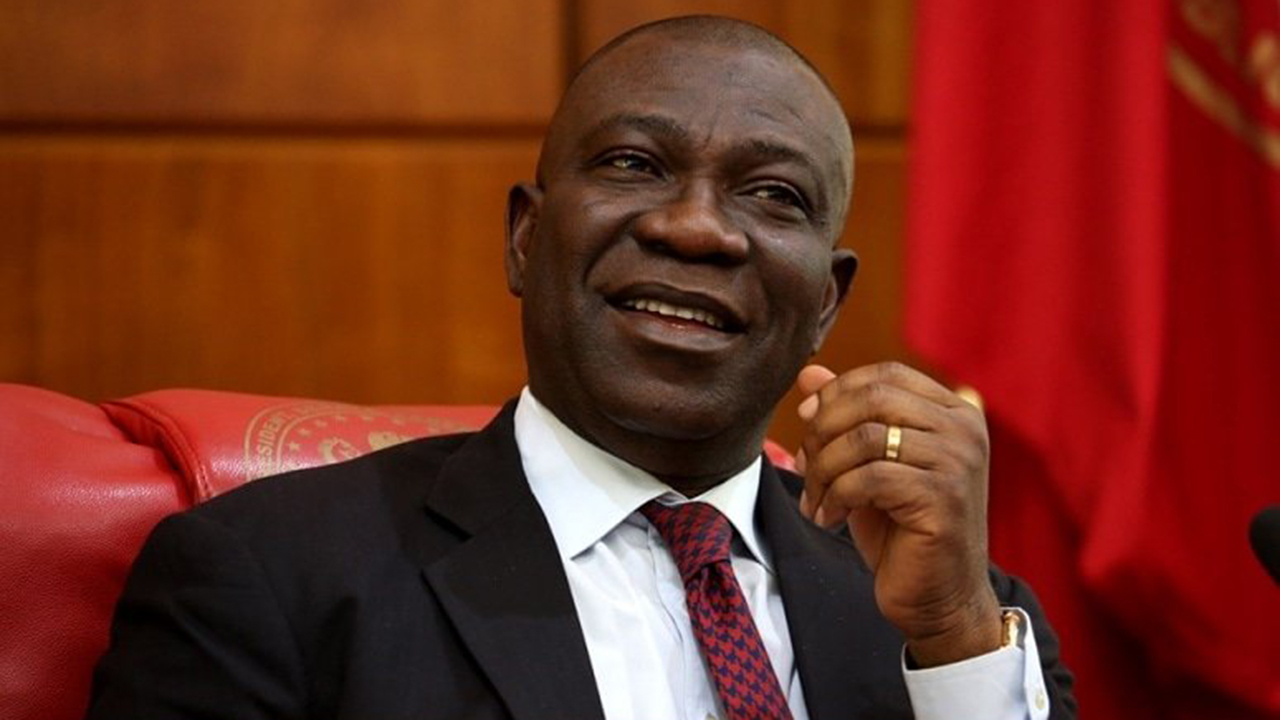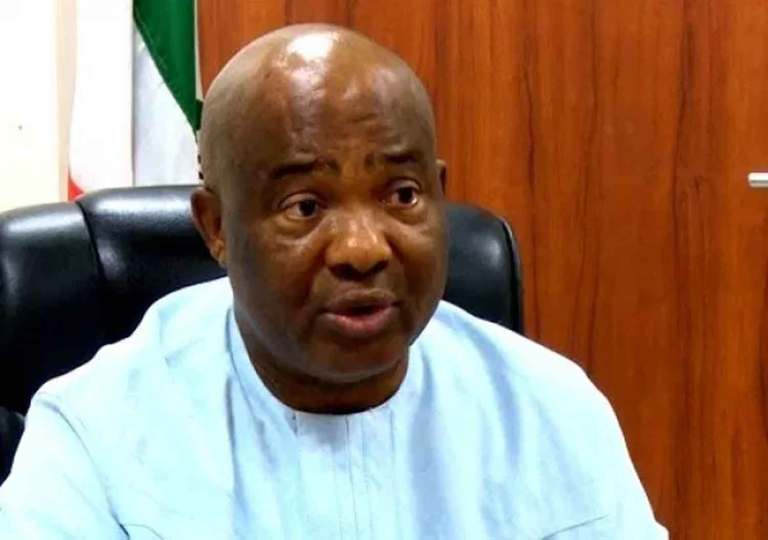With the successful retrofitting of train locomotives to a dual-fuel system, the Federal Government is set to realize over 60% savings in diesel costs, a significant advancement in Nigeria’s transportation sector.
Minister of Transportation Saidu Alkali expressed his enthusiasm about this development in a statement released by the ministry on Friday. He highlighted the potential impact of this initiative, stating, “This achievement marks a significant step towards lowering transportation costs and making train travel more affordable for the public.”
The demonstration took place at the Amina J. Mohammed Train Station (Idu Train Station) in Abuja, where the Minister showcased the locomotive’s capabilities along the Abuja-Kaduna rail corridor. The newly retrofitted locomotives now operate on a blend of 70% Liquefied Natural Gas (LNG) and 30% diesel. This innovative approach not only aims to reduce operational costs but also promotes a cleaner energy alternative in Nigeria’s rail transport system.
Alkali elaborated on the upgrade process, explaining that before the modifications, the locomotive was entirely reliant on diesel fuel. The new dual-fuel system allows it to run primarily on LNG, significantly cutting down diesel consumption to just 30%. However, he acknowledged that a full conversion to LNG was technically challenging due to the locomotive’s heavy-duty engine, which was initially designed to run exclusively on diesel. “A 100% conversion to CNG or LNG is not technically possible,” Alkali stated, underscoring the complexities involved.
Samuel Uko, Managing Director of De-Sadel Consortium, praised the achievement, noting its historic significance. He pointed out that this marks the first locomotive in Africa to operate using LNG, setting a precedent for the continent’s rail industry.
This initiative reflects the Federal Government’s commitment to enhancing the efficiency and sustainability of the nation’s transportation infrastructure, paving the way for more environmentally friendly practices while also addressing rising fuel costs. As Nigeria continues to seek ways to modernize its rail systems, this dual-fuel locomotive upgrade represents a pivotal step forward.









